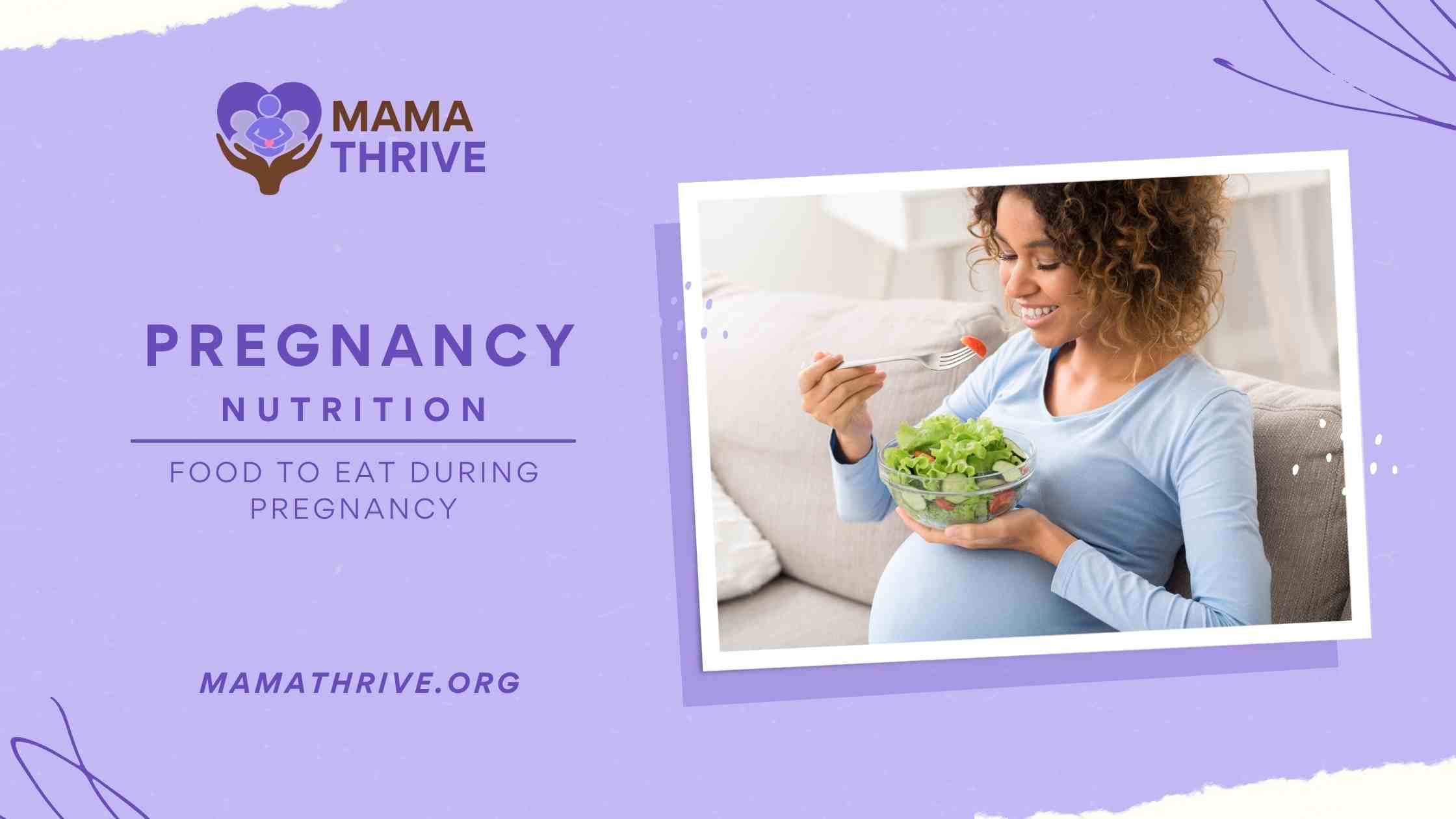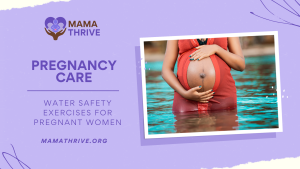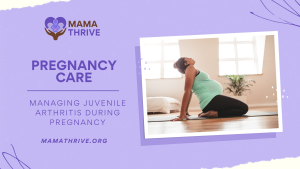Have you recently found out that you’re pregnant? Congratulations! Pregnancy can be very exciting, but it also has some unique challenges.
Pregnancy nutrition is one of the most important things to consider as your body goes through so many changes over nine months. What kind of food should you eat during pregnancy, and how much do you need to take daily?
In this blog post, we provide insight into exactly what kinds of foods are best for expectant moms and why they matter. Read on to learn more about how nutrition is essential to a healthy pregnancy.
- Eat a variety of foods
Eating healthily during pregnancy is beneficial to your overall well-being and essential for the growth and development of your baby. It’s important to aim for a good mix of nutritious foods – a combination that can initially seem overwhelming. A good starting point is ensuring you get a range of fresh fruits and vegetables, nutritious whole grains, lean proteins such as poultry, fish, and beans, and some dairy products to keep your calcium levels up.
Eating all these foods will provide energy for the day ahead and ensure you get all the vitamins and minerals essential for healthy baby growth. The variety means you won’t get bored with what you are eating either.
- Include sources of folic acid
Expecting a baby is an incredible, life-changing experience filled with joy and excitement. Just as important as preparing for the new arrival is being sure to stay informed on how to ensure their health and well-being before they arrive.
One of the most crucial ways to do this is by adding folic acid to your diet. Folic acid is a B vitamin that plays a key role in aiding your baby’s brain and spine development during the early weeks of pregnancy, which is when the neural tube forms. Thankfully, there are plenty of easy ways to add more folic acid into your routines, such as leafy greens, beans, and fortified grains like bread and cereals.
By ensuring you have enough folic acid in your system during this special time, you’re helping guarantee that your little one will have all the nutrients they need to get off to a strong start!
- Get enough iron
Iron is essential for maintaining nutrition during pregnancy, as it forms red blood cells that allow oxygen to be received by a developing baby. Iron deficiency during pregnancy can lead to preterm birth and low birth weight, so mothers-to-be need to ensure their iron levels are sufficient.
Luckily, various foods provide much-needed iron, such as red meat, poultry, fish, beans, nuts, and fortified grains. Pregnant women can maintain their iron levels and give their babies the best chance at staying healthy.
- Eat enough protein
Eating enough protein is essential during pregnancy to ensure proper growth and development of the baby and the mother’s body. It has been proven that a pregnant woman should consume approximately 75 to 100 grams of high-quality proteins per day. Luckily, there are numerous ways to get the required amount of proteins without turning the grocery bill upside down. These include meats like chicken or beef, fish or seafood, beans and nuts, and dairy products like yogurt, cheese, or milk.
Not to mention that these protein sources account for a great selection of delicious dishes as well! In short, adding some extra proteins to your diet during pregnancy is beneficial for your current and future health and provides you with multiple culinary possibilities – it’s worth trying out.
- Drink plenty of fluids
Being pregnant brings various changes to the body and its needs, one of the most important being staying hydrated. Water is always the best for hydration, but other options can also help! Women can also get fluids from drinks such as milk, 100% fruit juice, and even soups and fruits.
Not only is proper hydration needed for optimal health during pregnancy, but it can also help to prevent common issues like constipation and urinary tract infections. It’s no secret that a baby will bring many joys into the world; keeping well-hydrated is just one way for expecting mothers to prepare for the journey ahead.
- Avoid certain foods
Eating well during pregnancy is important in providing your baby with the nutrients they need to develop and grow properly. But attending to what you should not scrape off your plate is just as important – some foods can carry a greater risk of foodborne illness or potentially harm both mother and baby.
Thus, it is important to be aware that undercooked meats, unpasteurized dairy products, and some types of fish high in mercury, alcohol, and tobacco are best avoided during pregnancy for the safety of the mommy-to-be and the little one. Pregnancy maybe when you want to indulge all those cravings, but eating wisely for two should always take top priority.
Contact Mama Thrive For Your Pregnancy Nutrition Counseling
One of the best things you can do for yourself and your baby is to eat a nutritious diet. Use this guide as a starting point, and talk with your doctor or a registered dietitian if you have any questions. They can help tailor an eating plan that meets your specific needs. And when it comes to pregnancy cravings, indulge every once in a while – everything in moderation!
If you’re looking for more personalized guidance on what to eat during pregnancy, contact Mama Thrive for the best nutrition counseling from a certified dietitian





